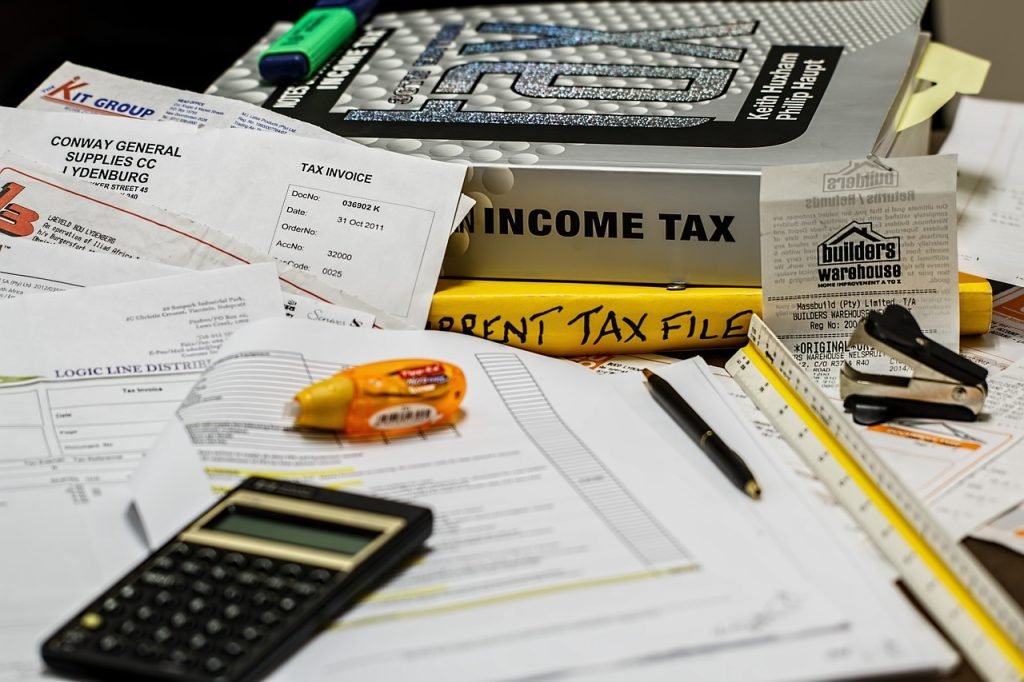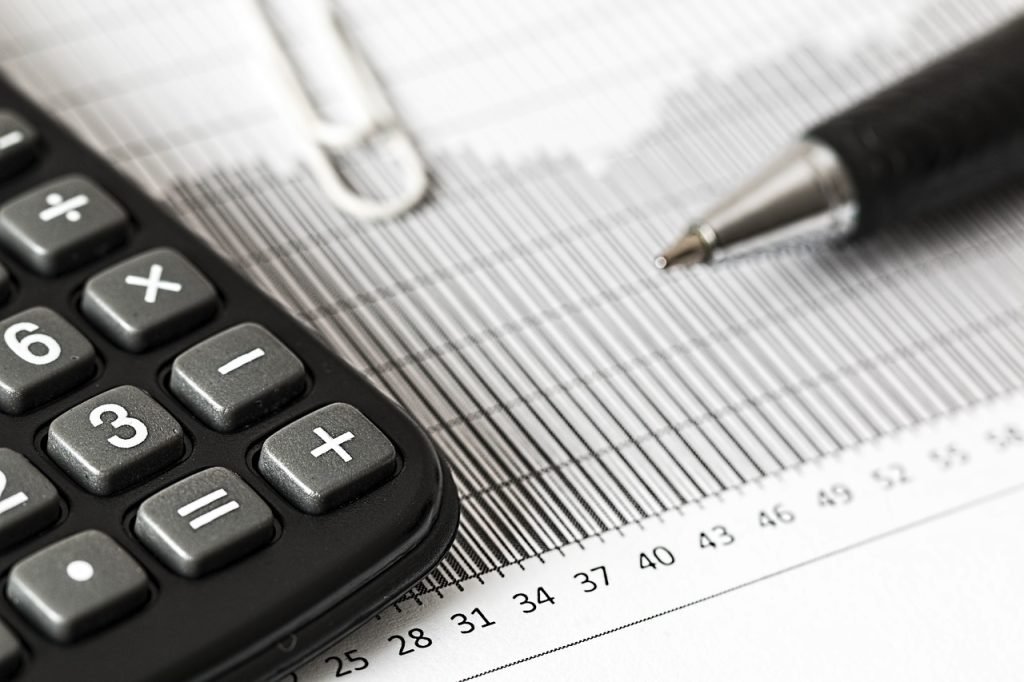Laissez-faire, a French term meaning “leave alone,” is an economic theory that emerged in the 18th century. It advocates for minimal government intervention in business affairs, believing that the economy functions best when left to its own devices. This philosophy is a cornerstone of free-market capitalism.
The origins of laissez-faire can be traced back to the French Physiocrats, who developed the theory during the 18th century. They believed that economic success is hindered when governments interfere in business and market operations. The term itself is said to have originated from a response given to Jean-Baptiste Colbert, a French comptroller general, when he asked industrialists how the government could assist them. Their answer was simply, “Leave us alone.”
Laissez-faire gained further prominence in classical economics, particularly in Great Britain, influenced by the works of Adam Smith. Smith’s book, “An Inquiry into the Nature and Causes of the Wealth of Nations,” played a significant role in popularizing the philosophy. Proponents of laissez-faire during the 19th century argued that unregulated individual activity would lead to the best outcomes for society as a whole.
However, critics of laissez-faire point out that markets do require some degree of government regulation to prevent abuses. They argue that without proper oversight, inequality can arise, and certain societal needs may be neglected. The role of the state, according to these critics, should be to maintain order, enforce contracts, and ensure civil security.
In the early 20th century, the Great Depression challenged the dominance of laissez-faire economics. The Keynesian school of thought, led by economist John Maynard Keynes, emerged as an alternative. Keynesian economics advocated for government intervention to alleviate unemployment and stimulate economic activity through fiscal policies.
In more recent times, monetarism, championed by economist Milton Friedman, revived the idea of laissez-faire. Monetarists emphasized controlled increases in the money supply as a means of achieving economic stability.
While the concept of laissez-faire has evolved over time, its core principle of limited government intervention in the economy remains influential in economic debates. The ongoing discussion surrounding the appropriate balance of government regulation and free-market forces continues to shape economic policies worldwide.





